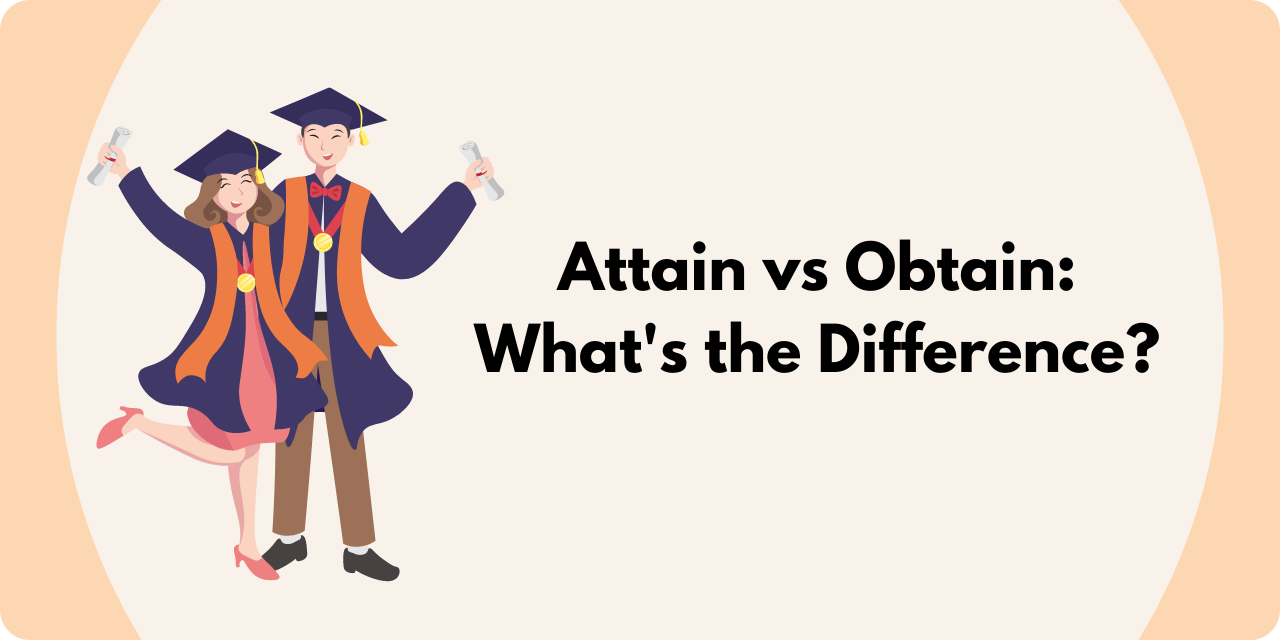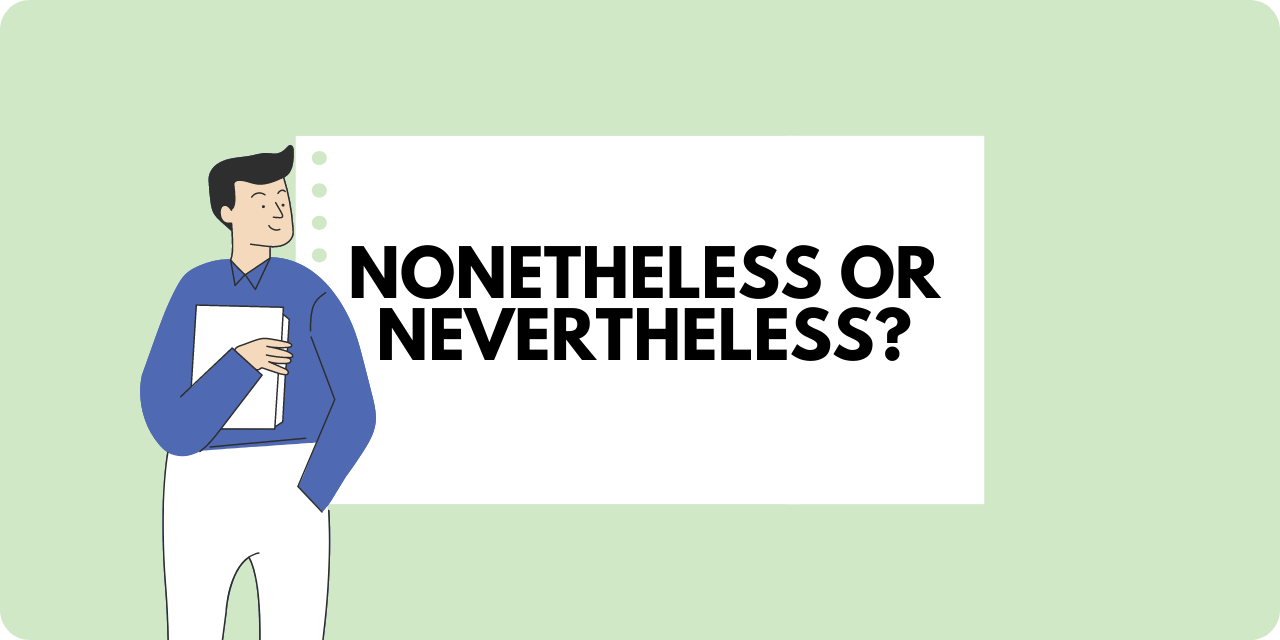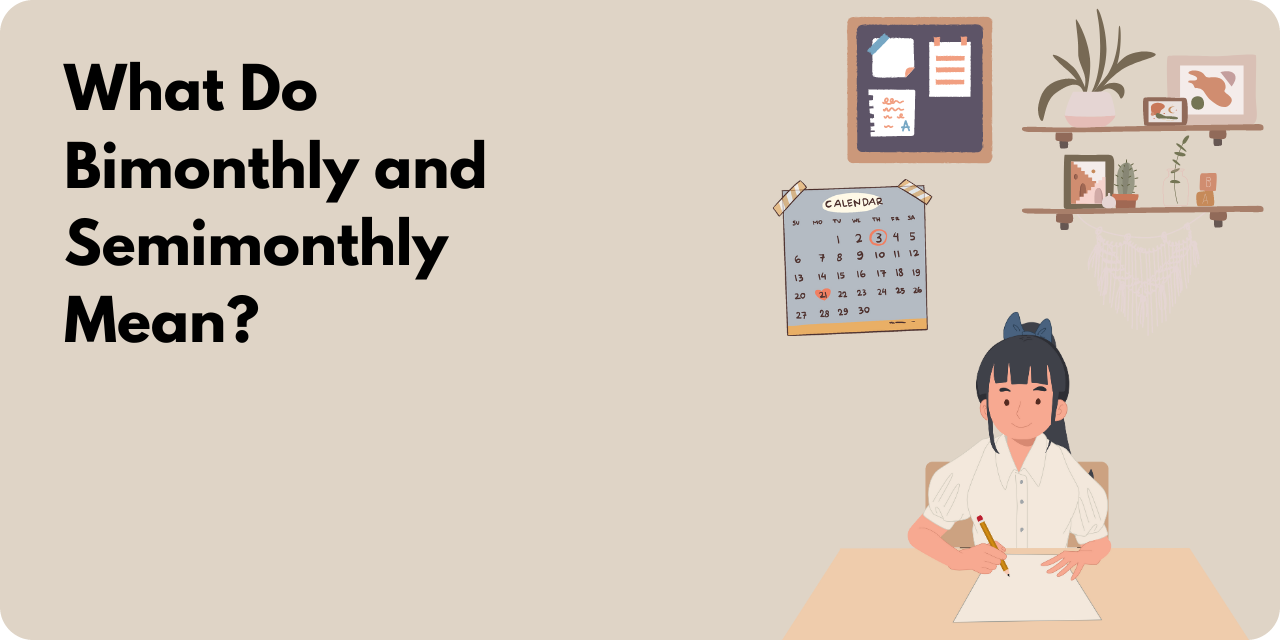Differences Between Despite And In Spite Of
In your writing, you may find yourself trying to pick between using the phrase in spite of and the word despite. In short, there aren’t any differences between these two terms, and they can usually work identically and interchangeably in your writing. These terms act as prepositions in your writing, meaning even though, or regardless of. Even though they are similar, they can still pose some confusion to writers, so keep reading to learn more about their proper usage.
How To Use Despite And In Spite Of
As prepositions, both despite and in spite of, can be used at the start or in the middle of your sentences. In some cases, you may need an independent clause attached in order to maintain proper readability. By adding an independent clause with these terms, you effectively balance your writing and create emphasis within your sentences.
Does Anything Come After Despite Or In Spite Of
Although these prepositions are fairly flexible, it can be tricky to pair other forms of speech with them. There are three main things that you can pair with them: nouns, gerunds, and phrases that use what or how.
To start, nouns can easily follow both of these propositions in a stylish and slick way. For instance, some examples with nouns include:
- In spite of the unreasonable courseload, the students decided to sit out on homework for the week.
- Despite the free food, the man still chose to pay
Moving on, gerunds can also be used directly after despite or in spite of fairly easily. In short, a gerund is something that can temporarily act as a noun. In most cases, verbs ending with -ing can easily do this.
Here are some examples of gerunds (or fake nouns) being used with these prepositions:
- In spite of taking all of his food, the man bought more and hid it
- Despite the opposing team throwing well, our team still came out victorious
One last thing that can follow these prepositions is phrases that have what or how included. This only works if these words don’t start a question, however. When used with despite or in spite of, these words can act as relative pronouns or even adverbs.
Here are some examples of what and how being used with the common prepositions:
- Despite how the blender looked, it worked quite nicely!
- In spite of what happened to the tent, it surprisingly stayed standing after the long night of wind and rain.
Origin Of Despite And In Spite Of
In its basic form, spite is a word that usually means hatred towards another person. In other words, spite as a noun refers to feelings of unhappiness associated with something/someone, whereas spite used as a verb means to purposely annoy or hurt.
In its more modern usage, spite and spite take on a less aggressive meaning, mainly hinting that you are doing something regardless of its effects on something else
Summary
In the end, despite and in spite of really have no differences between them, and they can be used interchangeably. In your sentences, these phrases can act as prepositions and can be followed up with other things such as nouns or gerunds.
Want to sharpen your business writing skills? Discover our acclaimed online courses at syntaxtraining.com






